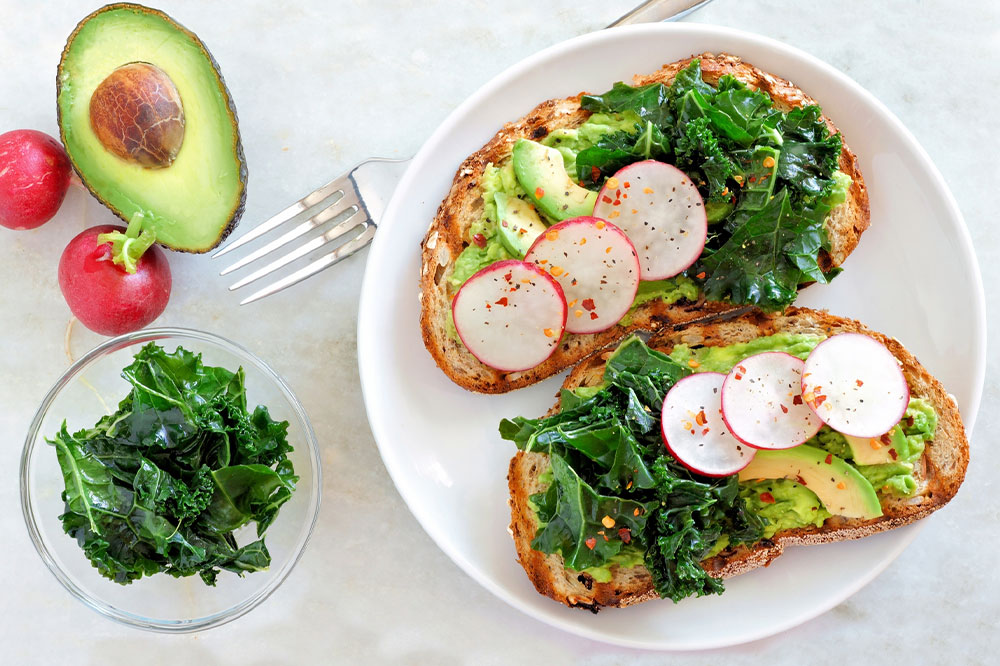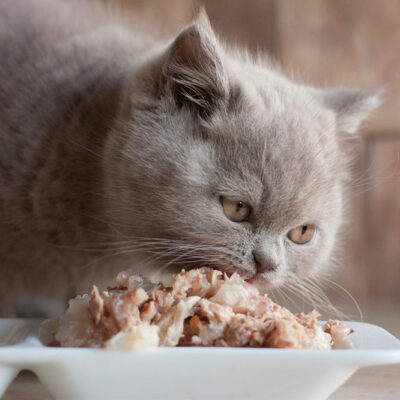
GERD – Foods to Consume and Avoid
Gastroesophageal or GERD reflux disease is an ailment characterized by the recurrence of acid reflux more than twice a week. This is a painful illness, and when left untreated, it can cause serious complications. Luckily, like most digestive system diseases, some dietary modifications can ease the symptoms. Your diet can either prevent or lower the progression of this condition. Here are the top foods to eat and avoid, if you have GERD
Foods to avoid
Many foods can set off acid reflux symptoms, and if you have GERD, it means your lower esophageal sphincter or LES cannot retain food in the stomach. The following foods can set off these symptoms, and thus you must avoid them at all costs.
1. Fatty food
Sadly this rules out most of the fast foods your tongue might crave. Fatty foods lower the pressure on the LES, thus increasing the risk of reflux. Many studies suggest reducing fat intake by avoiding French fries, sour cream, ice cream, cheeses, and anything deep-fried. High-fat cuts of red meat like prime rib and marbled sirloin increase the frequency of acid reflux in GERD patients.
2. Spicy foods
Even with a well-functioning GI tract, spicy food can cause irritation and abdominal pain. People suffering from GERD should definitely avoid foods with capsaicin as they provoke the esophagus and result in acid reflux. Moreover, spicy foods slow digestion, keeping the food in the stomach longer, enabling acid reflux.
3. Drinks
Various beverages can trigger GERD symptoms. These include alcohol, coffee, tea, carbonated drinks, acidic fruit juices like lemon and tomato, and even decaffeinated coffee. While not everyone is affected by these drinks, it is wise to consult a doctor, pay attention to your specific triggers, and avoid them.
Foods to consume
While most people tell you what not to do, it is equally important to inform you what can help reduce the symptoms of acid reflux.
1. Fruits and vegetables
Aside from acidic produce, all other fruits and vegetables reduce stomach acid. These foods have scarcely any fat and sugar but contain plenty of fiber and nutrients. Beans, peas, and lentils, in particular, provide essential protein, the building block of all muscles, including the LES.
2. Dairy
While high or full-fat dairy products are not ideal for people with GERD, reduced-fat or fat-free milk products improve the condition and reduce reflux. Yogurt, in particular, has a soothing effect on an inflamed esophagus, and the probiotics in it support digestion. Non-dairy milk from nuts or soy abounds in nutrients and proteins that can absorb stomach acid.
3. Lean protein and healthy fat
Low-fat, lean protein is excellent for GERD patients. Consider chicken, seafood, and egg whites. Vegetarians can turn to tofu as well. The best results are when these are baked, broiled, poached, or grilled and not deep-fried. Healthy fats found in avocado and nuts can replace unhealthy saturated fats and act as a good alternative for the essential nutrient.


